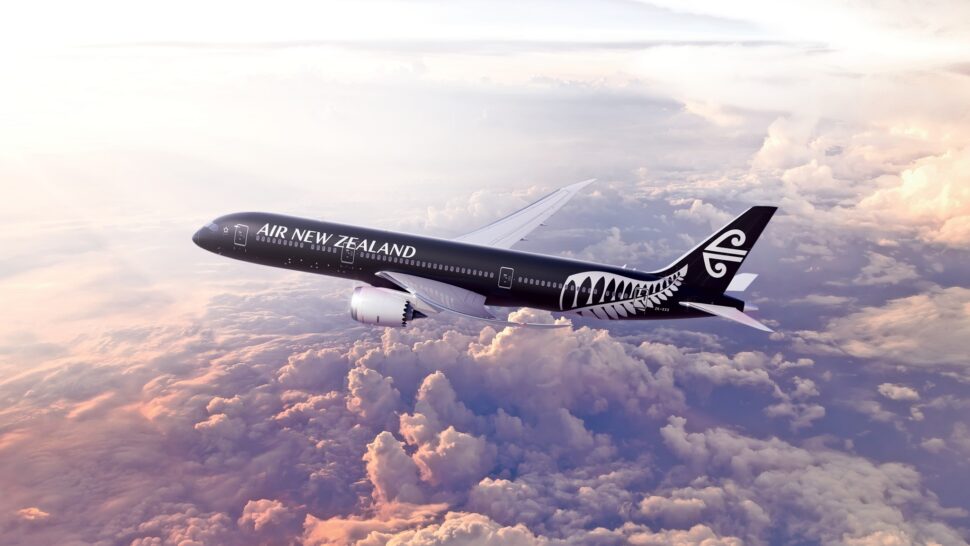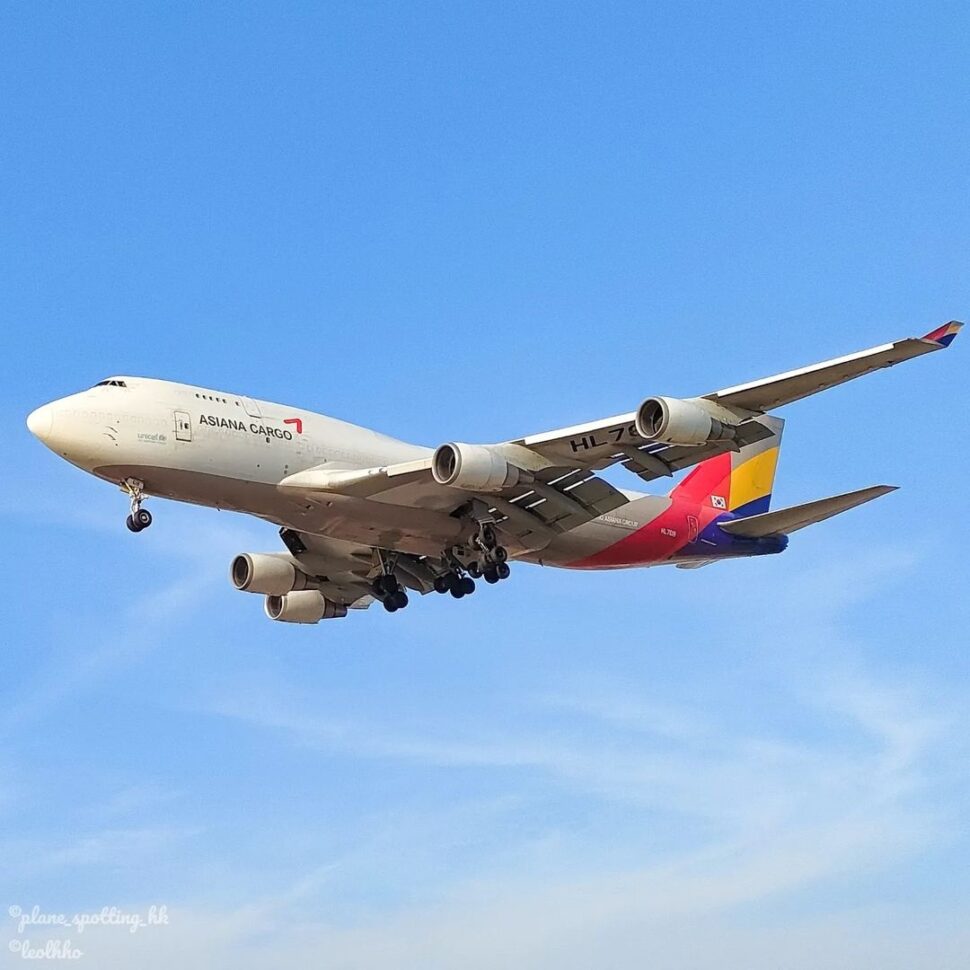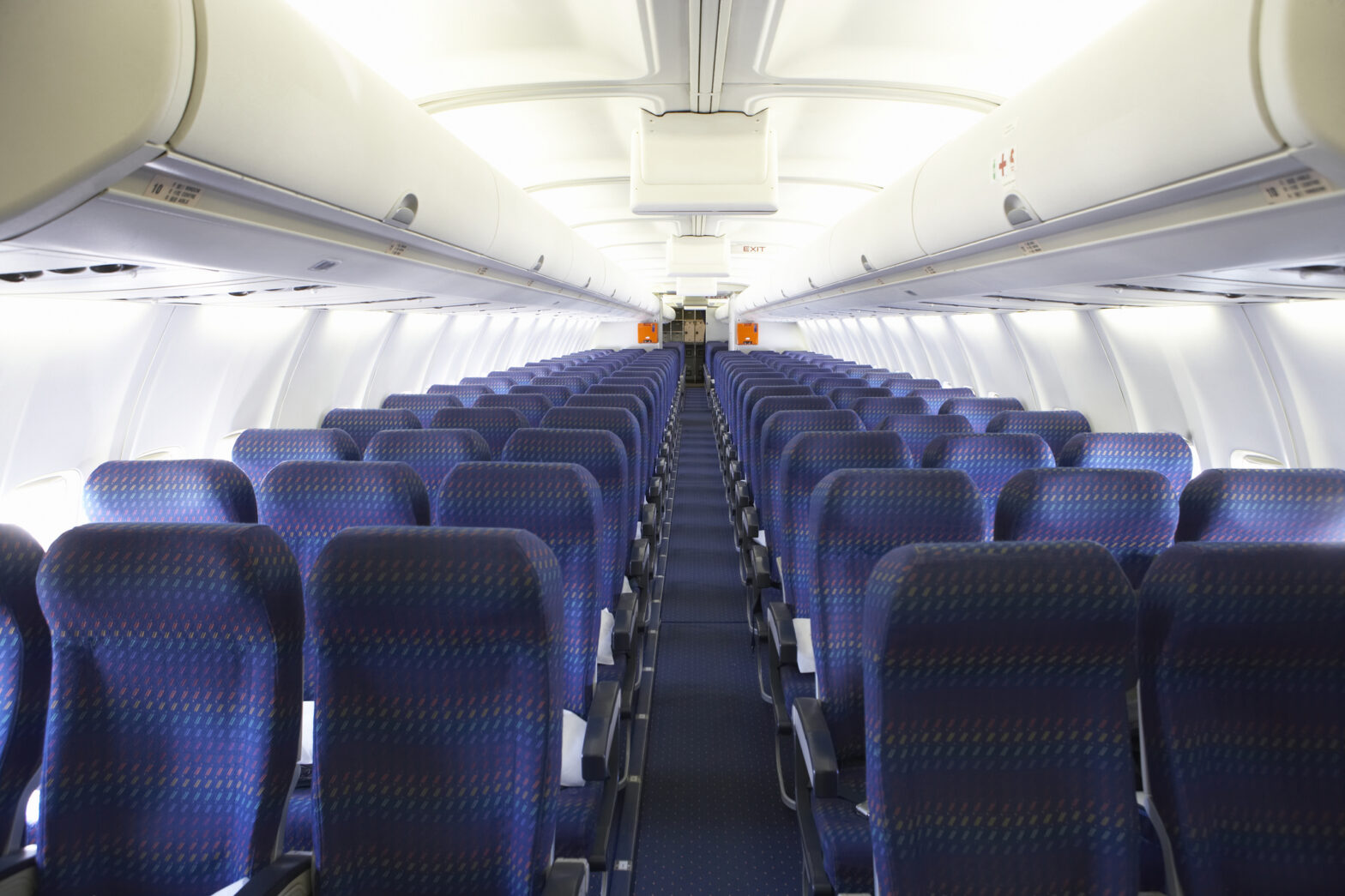The aviation industry is confronting a critical issue as the dimensions and weights of passengers continue to evolve. Ensuring the safety of airplanes relies on safeguarding the delicate balance of weight load and distribution. With people’s average heights and weights undergoing changes over time, it becomes imperative to closely monitor this situation.
In a recent development, two United States senators have raised concerns about the ever-shrinking space within airline cabins. With passenger comfort and safety in mind, they are calling for new cabin evacuation tests to be conducted, emphasizing their belief that the Federal Aviation Administration (FAA) has overlooked the “reality of flying in America today.” These senators argue that the safety testing carried out in 2019 is no longer adequate given the current circumstances.
The senators have joined forces to address the issue of cramped conditions on flights, which have become a growing concern among travelers. They highlight that the reduced legroom and narrower seat widths pose potential risks during emergencies, particularly during rapid evacuation scenarios.

Air New Zealand, hailed as one of the top airlines of 2023, has taken bold steps to tackle this issue head-on. The airline has implemented a passenger weight survey, requiring all international travelers to step on scales as part of the procedure. Rest assured, privacy is a top priority as the survey results are anonymized, guaranteeing confidentiality.

In addition to these concerns surrounding passenger safety, South Korea’s Asiana Airlines has implemented a significant change in its policies. This decision comes in response to a recent incident where a passenger allegedly attempted to open an exit door mid-flight. As a precautionary measure, the airline has ceased selling seats near the emergency exits on Airbus A321s.
The aviation industry recognizes the challenges of larger passengers and cramped seating. Airlines and regulators are actively working to adapt and ensure safety and comfort in air travel, contributing to the industry’s efforts toward passenger well-being and enhancing the overall travel experience.
